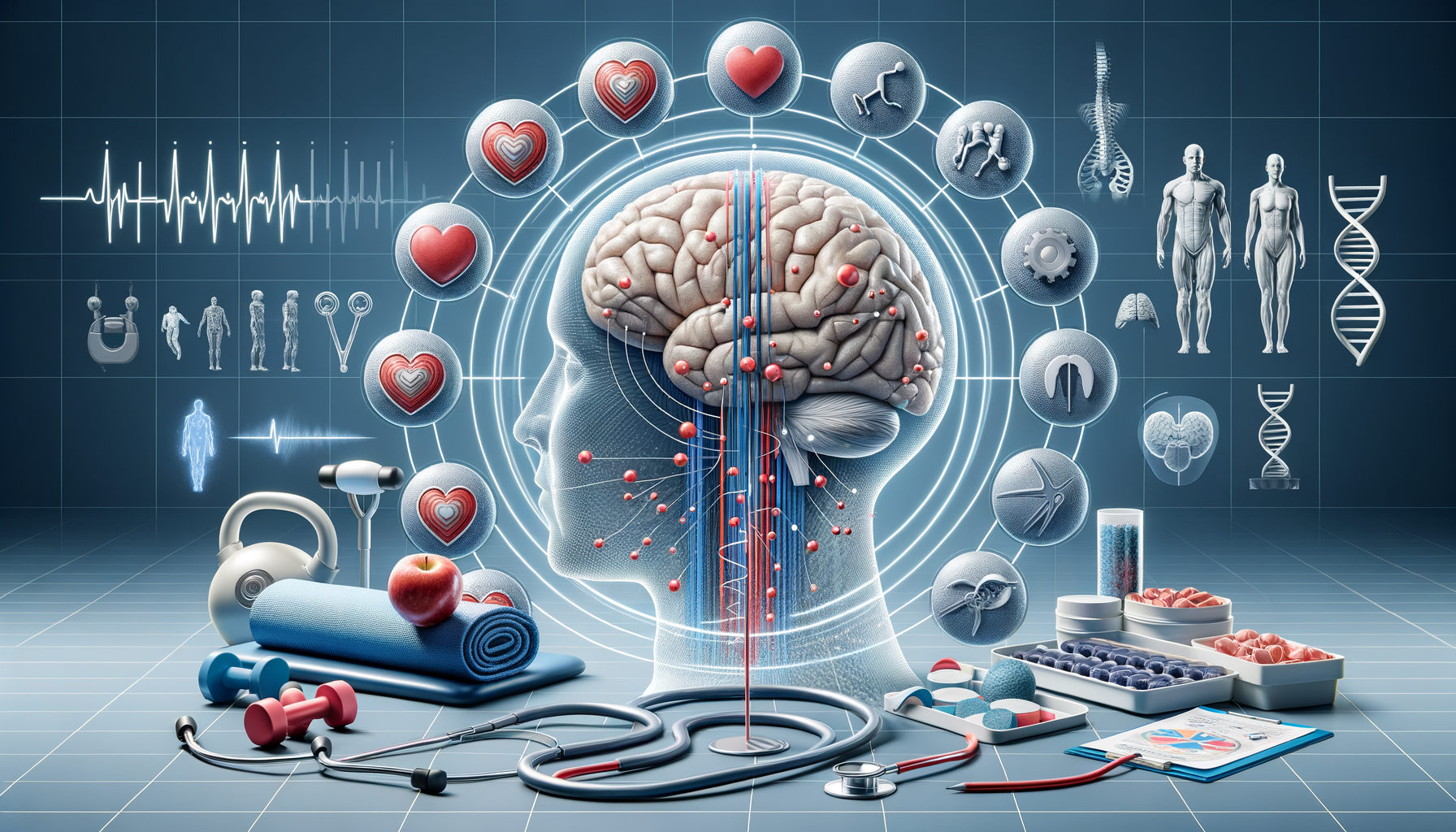Imagine a world where the foods we consume not only fuel our bodies but also have a profound impact on our mental state and stress levels. This is not just a fantasy; it’s a reality backed by growing research in the field of nutrition and mental health.
The Connection Between Nutrition and Mental Health
Understanding the link between what we eat and how we feel mentally is crucial. According to a study published in the journal Frontiers in Psychology, a balanced diet rich in vegetables, fruits, and whole grains is associated with a lower risk of depression. This finding underscores the importance of nutrition in maintaining mental well-being.
Expert Opinions
Dr. Felice Jacka, a leading researcher in nutritional psychiatry, emphasizes that “diet is as important to psychiatry as it is to cardiology, endocrinology, and gastroenterology.” Her work highlights how dietary changes can significantly affect mental health outcomes.
Statistics and Research Findings
A survey conducted by the American Psychological Association found that 38% of adults reported eating unhealthy foods or overeating due to stress. This statistic reflects how dietary choices can both affect and be affected by mental health.
Personal Anecdotes
Consider the story of Wesley, a college student who struggled with anxiety. After consulting a nutritionist, he incorporated more omega-3 rich foods into his diet, such as salmon and walnuts, and noticed a remarkable improvement in his mood and stress levels.
Actionable Tips for Improving Mental Health Through Diet
- Incorporate Omega-3 Fatty Acids: Found in fish and flaxseeds, these fats are known to support brain health.
- Eat More Fruits and Vegetables: Aim for a colorful plate to ensure a variety of nutrients.
- Stay Hydrated: Dehydration can impact mood and cognitive function, so drink plenty of water.
- Limit Processed Foods: These often contain additives and sugars that can negatively impact mental health.
| Food | Benefits |
|---|---|
| Salmon | Rich in omega-3 fatty acids |
| Spinach | High in magnesium, which can help reduce stress |
| Blueberries | Contain antioxidants that support brain health |
| Almonds | Provide vitamin E and healthy fats |
| Avocado | Full of healthy fats and fiber |
| Quinoa | Contains amino acids for neurotransmitter function |
| Berries | High in vitamin C, which can reduce stress |
| Dark Chocolate | Contains flavonoids that may improve mood |
Conclusion
In summary, the food we choose to consume plays a vital role in our mental health and stress management. By making informed dietary choices, we can support our mental well-being and lead a more balanced life.
FAQs
How does diet affect mental health?
A balanced diet can provide the nutrients necessary for optimal brain function, which can help improve mood and reduce stress levels.
What foods are good for reducing stress?
Foods rich in omega-3 fatty acids, magnesium, and antioxidants, such as salmon, spinach, and blueberries, are known to help reduce stress.
Can drinking water help with stress?
Yes, staying hydrated is important as dehydration can negatively impact both mood and cognitive function.




Leave a Reply